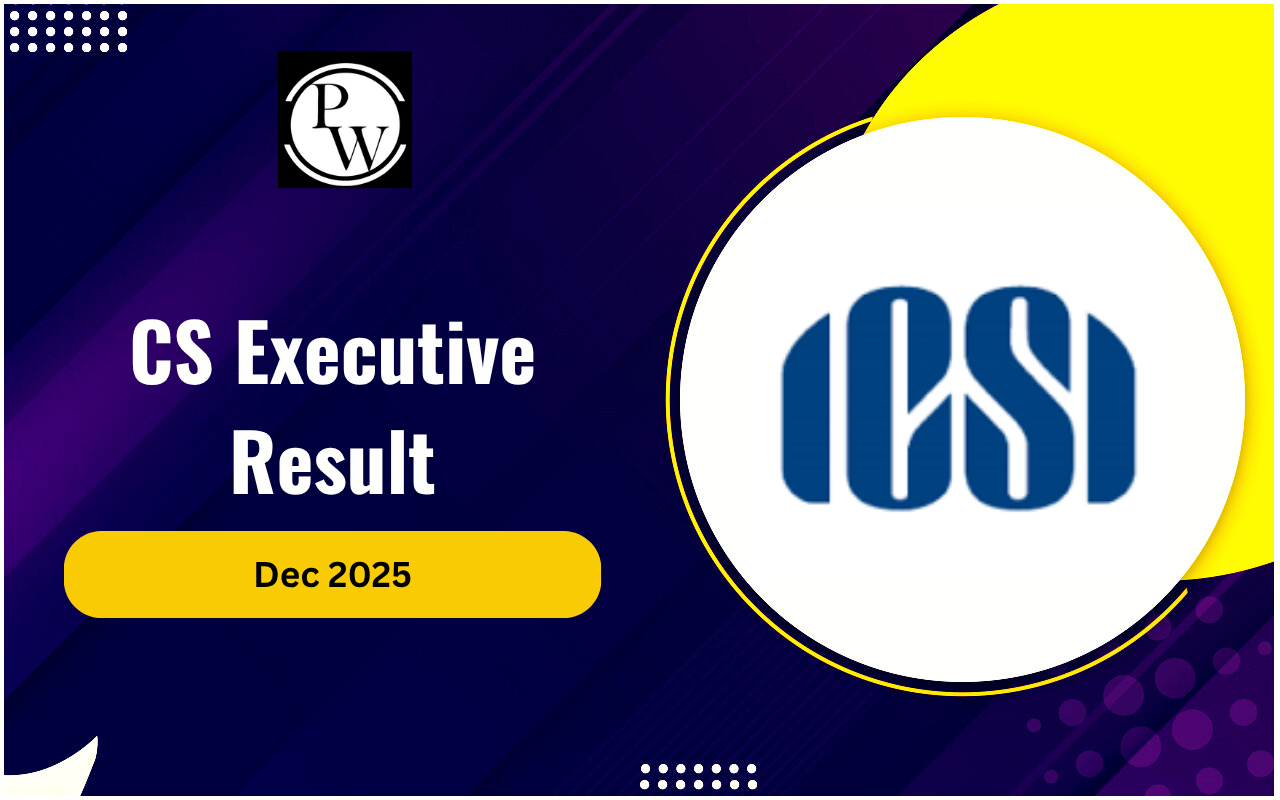
Company Secretary After 12th: A career is more than just securing a job or accessing benefits—it is a journey that shapes your future and enhances self-awareness. One of the most promising career options after the 12th standard is becoming a Company Secretary (CS). This role offers excellent opportunities in corporate governance, legal compliance, and financial management.
In this guide, we will check how to become a Company Secretary after 12th, the responsibilities of a CS, required skills, and career benefits.
Who is a Company Secretary?
A Company Secretary (CS) is a qualified professional responsible for ensuring a company's compliance with legal and regulatory requirements. As per the Companies Act, 2013, every organization in India with a paid-up share capital of at least Rs. 5 billion must appoint a CS.
A Company Secretary plays a crucial role in corporate decision-making, legal documentation, and regulatory compliance. They act as an advisor to the board of directors and ensure that a company adheres to corporate governance policies.
Key Responsibilities of a Company Secretary
A Company Secretary handles multiple responsibilities, including:
- Ensuring legal and regulatory compliance.
- Managing corporate governance policies.
- Organizing board meetings and preparing minutes.
- Advising the board of directors on financial and legal matters.
- Overseeing company policies and corporate restructuring.
- Handling corporate documentation, including tax filings and business reports.
- Maintaining relationships with stakeholders and government authorities.
Primary Services Provided by a Company Secretary
A CS provides expert services in various domains, such as:
Project Planning: Assisting in business expansion and development.
Due Diligence: Ensuring compliance with laws and regulations.
Business Consulting: Advising companies on corporate policies.
SEBI Compliance: Ensuring adherence to securities laws and stock market regulations.
Secretarial and Corporate Governance: Managing legal documentation and corporate policies.
Corporate Restructuring: Assisting in mergers, acquisitions, and corporate restructuring.
Financial Management: Overseeing budgeting, taxation, and investment policies.
Skills Required to Become a Successful Company Secretary
To excel in this profession, you need to develop the following skills:
Time Management: Ability to handle multiple tasks efficiently.
Communication Skills: Strong verbal and written communication.
Leadership Ability: Capability to manage teams and implement corporate strategies.
Legal Knowledge: Understanding of corporate laws, SEBI regulations, and stock market compliance.
Analytical Thinking: Ability to evaluate business risks and ensure regulatory compliance.
Attention to Detail: Strong organizational skills to maintain business records and legal documentation.
Why Choose Company Secretary as a Career?
Pursuing a career as a Company Secretary offers numerous benefits:
Diverse Career Opportunities: Work in sectors like banking, finance, legal firms, and government organizations.
High Demand: Companies seek CS professionals to ensure corporate compliance.
Professional Growth: Opportunity to advance in corporate governance and financial management.
Recognition & Prestige: Being a certified CS from ICSI provides credibility in the industry.
Competitive Salary: A well-paying career with salary growth potential.
Entrepreneurial Opportunities: CS professionals can establish their own firms for corporate consultancy.
Career Options After Becoming a Company Secretary
After completing your CS qualification, you can work in various roles, including:
Corporate Advisor: Providing guidance on legal and financial matters.
Legal Consultant: Managing compliance with corporate and tax laws.
Chief Financial Officer (CFO): Overseeing financial planning and management.
Company Registrar: Handling company registrations and compliance filings.
Arbitrator & Mediator: Resolving corporate disputes and negotiations.
Business Consultant: Assisting companies with financial structuring and investment planning.
How to Become a Company Secretary After 12th?
Follow these steps to become a Company Secretary (CS) after completing your 12th standard:
Register with ICSI: Enroll in the Company Secretary (CS) Foundation Course.
Complete CS Foundation: Study topics like Business Law, Economics, and Accounting.
Pursue CS Executive Program: Covers Company Law, Taxation, and Corporate Restructuring.
Undergo Practical Training: Gain hands-on experience in corporate compliance.
Clear CS Professional Exam: The final stage includes specialized subjects like Governance, Risk Management, and Compliance.
Apply for Membership: Become a certified member of ICSI and start your career as a CS.
Join PW CS Online Courses and build a strong foundation in corporate laws and governance with structured learning and dedicated support.
Company Secretary After 12th FAQs
How to become Company Secretary after 12th?
Can someone apply for Company Secretary after the 12th?










